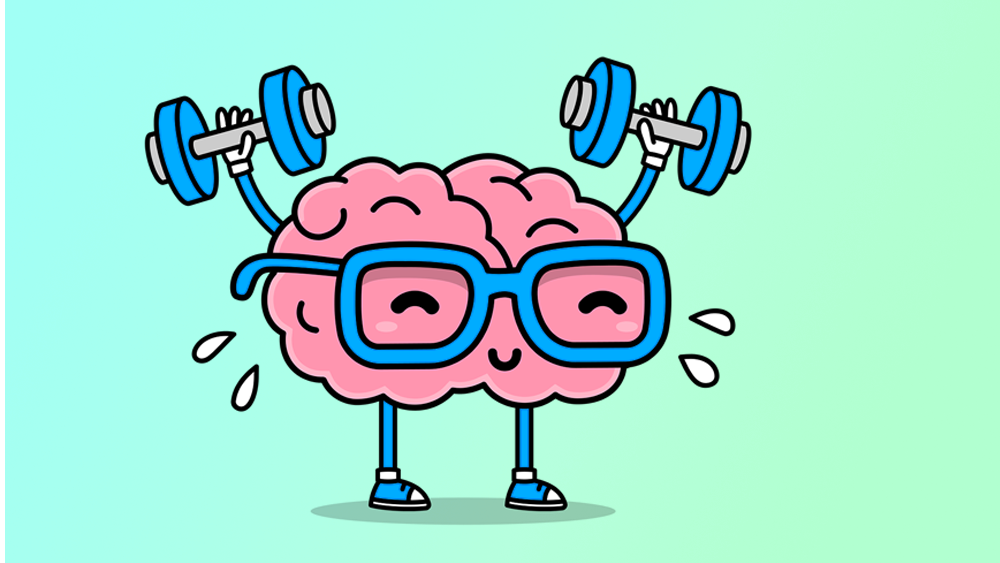The human brain is often referred to as the body’s command center, orchestrating countless intricate functions, thoughts, and emotions every second. It’s a remarkable organ, and its health is paramount to our overall well-being. Just as we exercise to keep our bodies in shape, we must also take steps to maintain and enhance our brain health. This article will delve into the importance of brain health and offer practical tips for nurturing this vital asset.
Your brain is a complex network of billions of nerve cells, or neurons, that communicate through electrical and chemical signals. It controls your movements, thoughts, memory, and emotions. But brain health isn’t just about cognitive abilities; it also affects our mental health and our ability to function optimally in our daily lives.
Maintaining a healthy brain is vital at all stages of life, from early childhood to old age. Research has shown that a well-maintained brain can help prevent cognitive decline, reduce the risk of neurodegenerative diseases like Alzheimer’s, and enhance overall quality of life.
Practical Tips for Brain Health
- Stay Physically Active: Regular physical activity has numerous benefits for brain health. Exercise increases blood flow to the brain, promotes the growth of new neurons, and enhances cognitive functions. Aim for at least 150 minutes of moderate-intensity aerobic activity each week to reap the cognitive benefits of exercise.
- Eat a Brain-Boosting Diet: A well-balanced diet plays a critical role in maintaining brain health. Foods rich in antioxidants, omega-3 fatty acids, and other essential nutrients can help protect and nourish your brain. Include plenty of fruits, vegetables, whole grains, lean proteins, and healthy fats in your diet to support your cognitive function.
- Get Sufficient Sleep: Sleep is when the brain repairs and regenerates itself. Chronic sleep deprivation can lead to cognitive impairments, mood disturbances, and even long-term neurological issues. Strive for 7-9 hours of quality sleep each night to ensure your brain stays sharp.
- Challenge Your Mind: Engage in activities that stimulate your brain, such as puzzles, crosswords, reading, or learning a new skill. These activities promote the growth of new neural connections, keeping your brain agile and adaptive.
- Manage Stress: Chronic stress can have a detrimental impact on the brain. Practice stress-reduction techniques like meditation, deep breathing exercises, or mindfulness to maintain emotional well-being and cognitive function.
- Socialize and Connect: Social interaction is essential for brain health. Engaging with others, building relationships, and staying socially active can help improve memory and cognitive function. Loneliness and social isolation can have a negative impact on your brain, so make an effort to connect with family and friends.
- Protect Your Brain: Wear protective gear when engaging in activities that could lead to head injuries, such as sports. Avoid risky behaviors and always wear a seatbelt in a car.
- Limit Alcohol and Avoid Smoking: Excessive alcohol consumption and smoking can harm your brain over time. If you drink alcohol, do so in moderation, and seek help to quit smoking if you’re a smoker.
- Stay Hydrated: Dehydration can impair cognitive function. Make sure to drink enough water throughout the day to keep your brain functioning optimally.
- Seek Professional Help: If you notice any significant changes in your cognitive abilities, memory, or mood, consult a healthcare professional. Early intervention can be critical in addressing issues related to brain health.
Brain health is an ongoing process that requires attention and care throughout our lives. By adopting a lifestyle that includes regular exercise, a brain-boosting diet, adequate sleep, stress management, social interaction, and various other healthy habits, you can promote and preserve your brain’s vitality. Your brain is your most valuable asset, and taking steps to maintain its health will enable you to enjoy a higher quality of life and reduce the risk of cognitive decline as you age.



